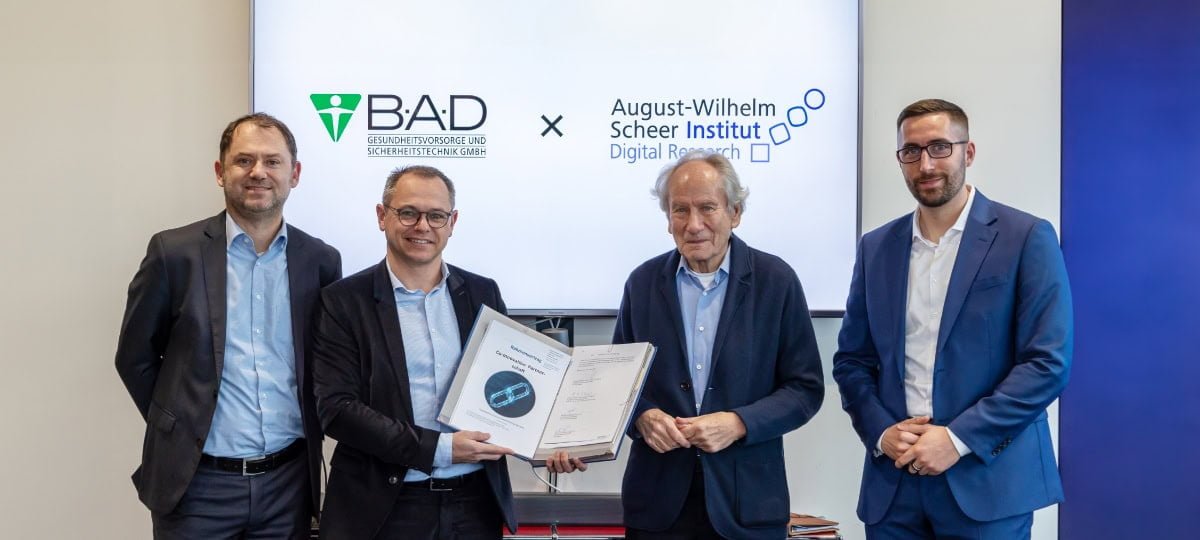Using automation to counter the shortage of skilled workers


The gender pay gap is not the only gap that exists in Germany. There are also gaps between baby boomers and Generation XYZ that could seriously threaten the economic performance of German companies if we do not take action now. On both sides, there are in part completely different views of and requirements for work culture, work-life balance, digitization and career concepts.
Monotonous and stale
On the one hand, there's the 17-year-old student, a proverbial digital native who spends what feels like eight hours a day on TikTok, Snapchat and Instagram. She would like to start a vocational training program soon, preferably in the commercial field and preferably at your company. What if it's still like it was in the old days, with circular files, stamps and paper trays? It's unlikely to be love at first sight. Hardly any company works in such an analog way anymore. An SAP or other ERP system should be standard by now. But if the IT department thinks that "Fiori" is an ice cream cone and not a new concept for making user interfaces intuitive and user-friendly, the effects of alienation are likely to set in quickly.
ERP masks that are ten years older than their future users are no way to score points with the next generation. But this is important, because there will be a shortage in the coming years when the entire baby boomer generation gradually retires. In 1965, around twice as many people were born in Germany (1,325,386) as in 2005 (685,795). Demand for qualified young people therefore massively exceeds supply, leading to a fundamental change in the job market. A mismatch that will become even more pronounced over the next few years. The skilled workers who follow - especially if they are well educated - will be able to choose their jobs. And they will not go where work processes are monotonous, manually controlled and old-fashioned.
Change in the job market
So if you want to continue to fill vacancies in the commercial department with qualified staff in the future, you have to offer something. And more than the foosball table (which has already become a cliché), morning fruit baskets or latte macchiato from hand-roasted Kopi Luwak beans from the fully automatic machine in continuous operation. That's nice, but it's not enough. It's about everyday work culture, and that manifests itself in the work tools.
It is worth taking a closer look here. How are the processes designed, how user-friendly are the tools used? Would a digital native want to work with them? It's this change of perspective that counts, not the fact that it's always been done this way. Those who ensure a high degree of automation enable their staff to concentrate on more meaningful activities. At the same time, this can at least partially compensate for the shortage of skilled workers. And quite apart from that: Intuitive, user-friendly software as well as simplified processes will be loved by everyone, junior staff and old hands alike.
Digitization projects should not be whipped through top-down from IT alone. Many IT projects have already failed because of this. Instead, future users at all levels should be involved at an early stage - in the sense of a pronounced feedback culture. Only those who experience appreciation and know that their own requirements and ideas will be incorporated into the future working environment will be motivated later on. Again, this applies to everyone, whether Boomer or Gen XYZ!





